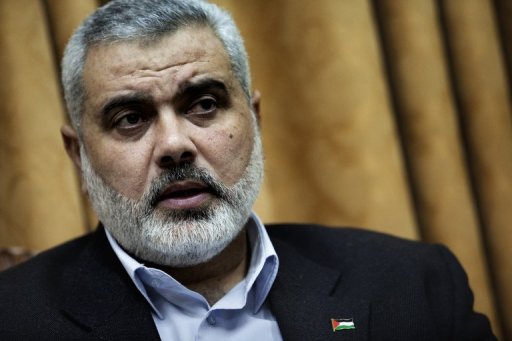The Egyptian National Theatre Festival has come to a close, leaving behind a wave of artistic fervour and, perhaps more importantly, a renewed dialogue about the state of Egyptian theatre. Held in Cairo, the festival featured diverse performances from numerous theatre troupes, attracting a substantial audience eager to experience the magic of live theatre. Beyond the stage, the festival hosted discussion panels and workshops, diving deep into the concerns and aspirations of the theatre community.

A Symphony of Challenges
The festival’s success, however, is inextricably linked to the challenges facing Egyptian theatre. Sameh Mahran, a prominent figure in the industry, highlighted the absence of a cohesive theatrical policy. “We are experiencing difficulties due to the absence of a theatrical policy,” Mahran stated. “We need to examine the architectural structures. Are they still suitable for performances? Where are the temporary and open spaces designated for the Egyptian theatre festival that allow us to present diverse works? Why are there no new theatres in the new cities? How is it possible that the stages dating back to the 18th century remain unchanged, while the entire Arab world is ‘moving at rocket speed’?”

Mahran also pointed to the lack of a clear structure within the cultural production sector, highlighting the struggle between independent artistic houses, each with its own policies. “There is a struggle due to the absence of a theatrical policy for each theatre and a lack of the concept of a troupe that includes all age groups, compounded by low wages,” she explained. “Unfortunately, there is also a lack of studies on audience engagement.”
Bridging the Gap: The Role of Public Engagement
This lack of structure and support was echoed by many artists participating in the festival. Leqaa Sweidan, a veteran of the National Theater, voiced her support for state-funded institutions but acknowledged the challenges they face. “I support state theatre, especially since I have been a member of the National Theater for 22 years. My artistic journey began in theatre, and my first performance took place on a school stage when I was just 8 years old. I stood on the stage ofthe National Children’s Theater, so theatre is life to me. Although it can be very exhausting, the audience’s reactions bring immense joy. Regarding the notion that private theatre has diminished the allure of state theatre, I disagree. The Artistic House of Theater has a long history of presenting valuable works with significant artistic and literary weight, and no private theatre can undermine the status of state theatre.”

The role of promotion and public engagement was also a key talking point. Veteran actress Shahira highlighted the importance of figures like Mohamed Reyad, the festival’s president, in bridging the gap between theatre and a wider audience. “Reyad is a significant name and an important figure in the arts, particularly in theatre,” Shahira stated. “His role as the festival president undoubtedly helps bridge the gap that has widened between theatre and the general audience, who prefer attending shows and festivals featuring renowned names and familiar faces.”

Madline Tabar, a fellow theatre enthusiast, emphasised the need for more robust promotion and public engagement. “I won’t speak about my own experiences, as I don’t have a notable background in theatre due to my own selfishness and inability to dedicate the immense effort that all theatre artists put in,” she said. “However, the least a theatre artist deserves for their significant physical and mental effort is to celebrate their success and receive recognition, which encouragesthem to continue creating. Theatre lacks only effective promotion, as there is no other way for the audience to truly connect with what is being presented without comprehensive advertising that ensures their attendance. The launch of major events like the Egyptian National Theatre Festival shines a spotlight on ‘theatre and its artists, serving as a form of this much-needed promotion.”

Looking Towards the Future
Reyad himself acknowledged the crucial role of public engagement. “The theatre is a shared passion for all of us in the performing arts,” he stated. “One of my key aspirations for this edition, which I am privileged to oversee, is to connect the festival with the general public. Last year, we achieved significant outreach, beginning with artistic workshops conducted over a month prior to the opening, covering various theatre disciplines for many trainees. I successfully arranged for several of the participating shows to be recorded and aired on the Al-Hayat Channel, allowing us to reach a wider audience. The festival should stimulate theatrical activity, and I hope that the next edition will take place in various regions, transforming it from merely a competition and an awards ceremony into a more engaging experience.”

Echoes of the Future
As the curtain falls on another successful festival, the question remains: can Egypt’s theatre scene rise to the challenge and address the issues of funding, promotion, and policy that are crucial for its long-term survival? With the support of passionate artists and a renewed focus on public engagement, perhaps the future of Egyptian theatre can be brighter than ever.
The echoes of the festival will linger, reminding us of the need for a more structured and supportive environment for the arts. The conversation initiated by the festival, and the passionate voices that emerged, are a testament to the enduring power of theatre to engage, inspire, and demand change.




